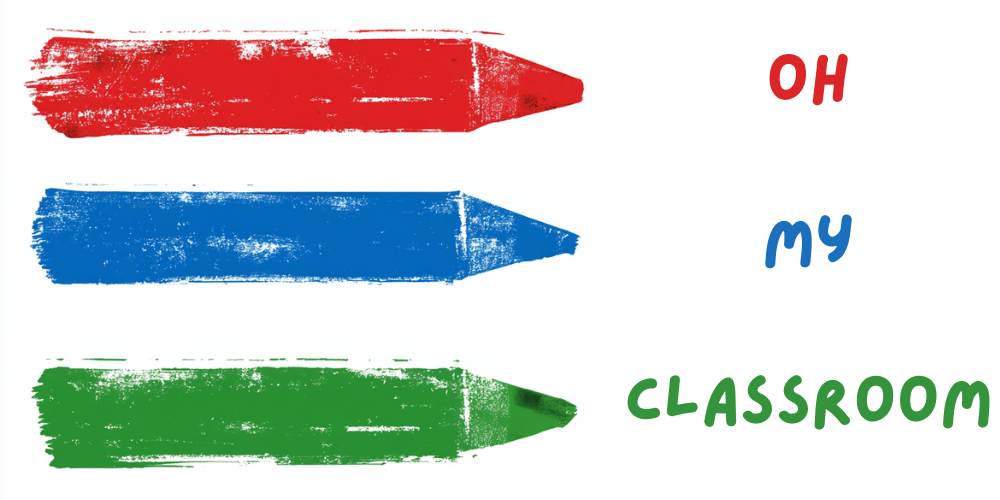Literacy activities for preschoolers can help build a strong foundation for future academic success while promoting cognitive, social, emotional, and physical development.
These activities should be age-appropriate, engaging, and tailored to the developmental needs of young learners.
Hence, we will explore some engaging literacy activities for preschoolers, ranging from reading aloud to interactive storytelling and beyond.
Reading Aloud:

Reading aloud is one of the best ways to introduce preschoolers to literacy. Reading can help children develop a love for books and stories while building their vocabulary and comprehension skills.
Related: 7 Year old Struggling with Reading
Letter Recognition:
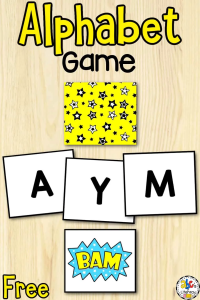
Teaching preschoolers to recognize letters is crucial for their literacy development. Use games and activities like letter bingo, letter puzzles, and alphabet hopscotch to make it engaging.
Related: What Order to Teach Letters to Preschoolers?
Related: How to Teach Letter Recognition to Struggling Students
Rhyming:
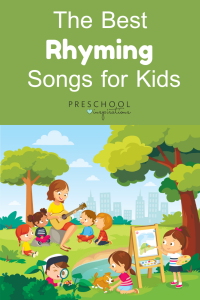
Rhyming is a fun way to introduce preschoolers to language and develop phonemic awareness. Use nursery rhymes and sing-along songs to help children recognize rhyming patterns.
Storytelling:

Storytelling is an engaging way to help children develop their imagination and comprehension skills. Encourage preschoolers to create their own stories and act them out.
Word Building:
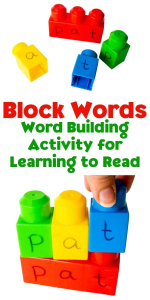
Building words with letter blocks, magnetic letters, or other manipulatives is a great way to develop literacy skills. Children can learn how to spell and recognize new words in a fun, hands-on way.
Sight Words:
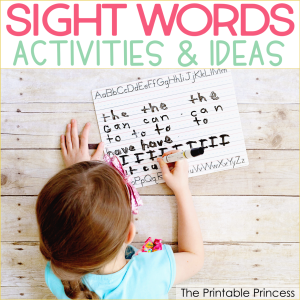
Sight words are words that are commonly used in the English language and should be recognized on sight. Use flashcards and games to help children learn and recognize sight words.
Writing:
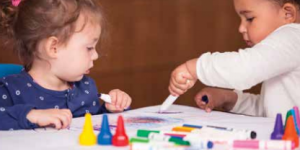
Writing is an essential literacy skill that preschoolers can start developing. Provide children with opportunities to write their names, draw pictures, and write letters.
Phonics:
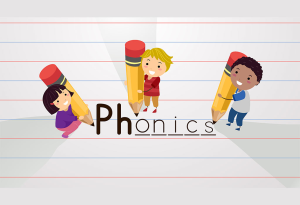
Phonics is the relationship between letters and sounds. Teaching preschoolers phonics through songs, games, and hands-on activities can help them develop their reading skills.
Alphabet Books:
Alphabet books are a fun way to introduce preschoolers to letters and new words. Choose books with large, colorful pictures and simple text to help children recognize and learn new letters and words.
Library Visits:

Regular visits to the library can help children develop a love for books and reading. Encourage preschoolers to choose their own books to read, and read together as a family.
Related: Preschool Activities about Friendship: Building Lifelong Bonds
Word Games:
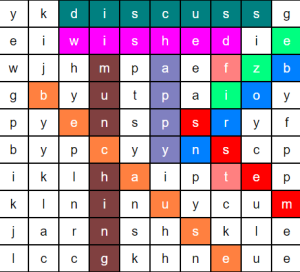
Word games like word searches, word scrambles, and crossword puzzles can be fun and engaging for preschoolers while also helping them develop their spelling and vocabulary skills.
Letter Sound Matching:

Help preschoolers learn the sounds of letters by playing games that involve matching objects or pictures with the beginning sounds of their names. For example, “A is for apple” or “B is for ball.”
Story Sequencing:

Use story sequencing cards to help preschoolers understand the order of events in a story. This can help them develop their comprehension skills and understand how stories are structured.
Environmental Print:

Encourage preschoolers to recognize print in their everyday environment, such as on signs, labels, and packaging. This can help them develop their literacy skills and understand the purpose of print.
Name Writing Practice:
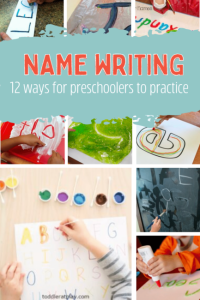
Preschoolers can begin learning to write their names by tracing letters, using stencils, or writing their names in different materials such as sand or paint. This can help them develop their fine motor skills and letter recognition.
Puppet Shows:

Encourage preschoolers to act out stories and create their own puppet shows. This can help them develop their creativity, imagination, and storytelling skills.
Picture Books:
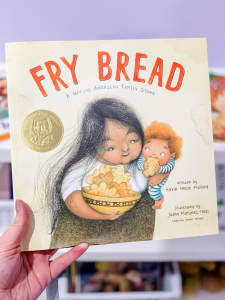
Picture books with bright and colorful illustrations can help preschoolers develop their vocabulary and comprehension skills. Encourage them to describe what they see in the pictures and predict what might happen next.
Poetry

Read simple poems aloud to preschoolers and encourage them to repeat the words and phrases. This can help them develop their phonemic awareness and language skills.
Journaling:

Provide preschoolers with a simple journal where they can draw pictures and write about their daily experiences. This can help them develop their writing skills and encourage them to express themselves through writing.
Interactive Storytelling:

Use interactive storytelling techniques like finger plays, chants, and songs to engage preschoolers and help them develop their language and comprehension skills. This can also help them learn to follow directions and take turns.
Conclusion
In conclusion, literacy activities for preschoolers play a crucial role in preparing young learners for success in their academic and personal lives.
With a wide variety of engaging and age-appropriate activities to choose from, parents and educators can easily incorporate literacy into the daily routines of preschoolers.
By fostering a love of reading and writing from an early age, we can set our preschoolers on a path to lifelong learning and success.
